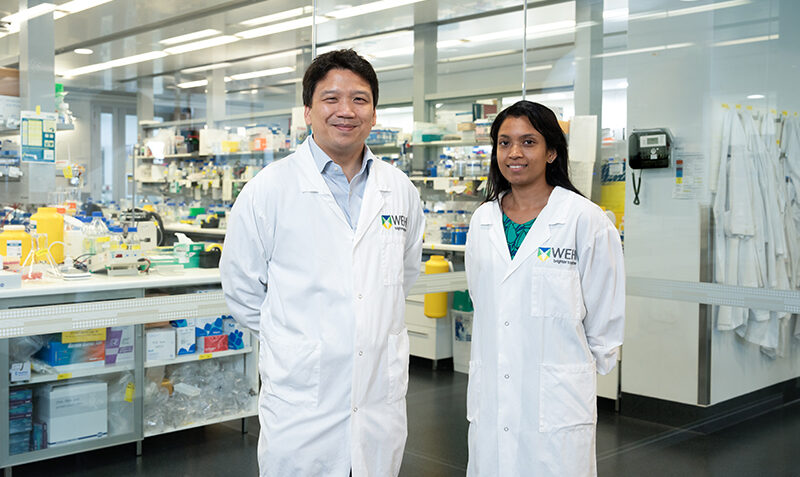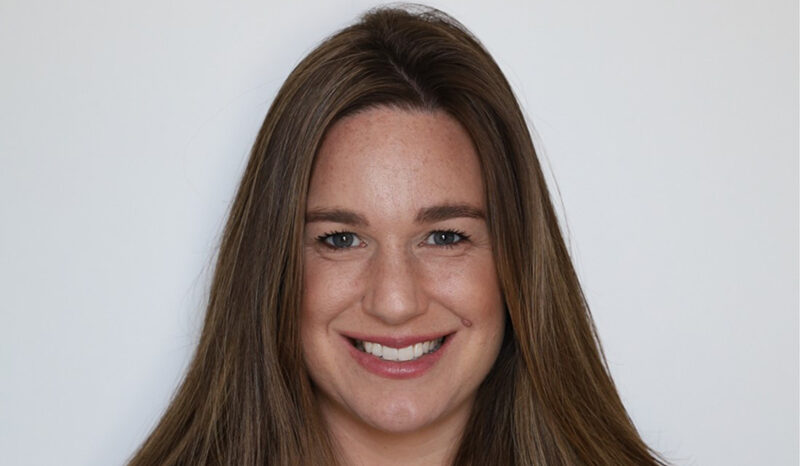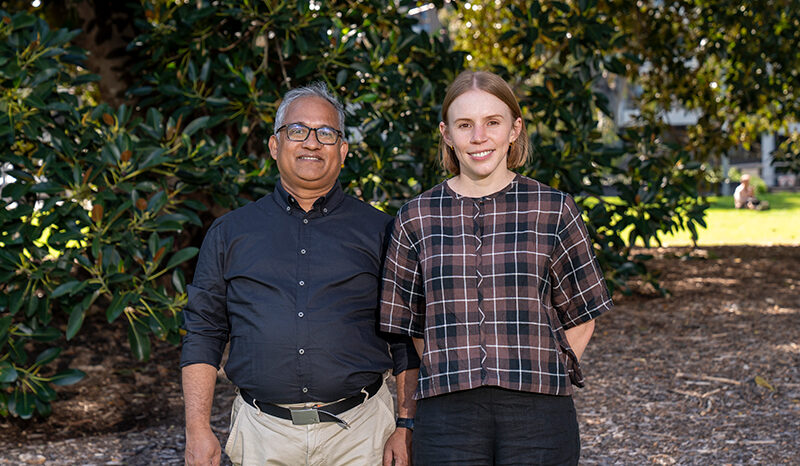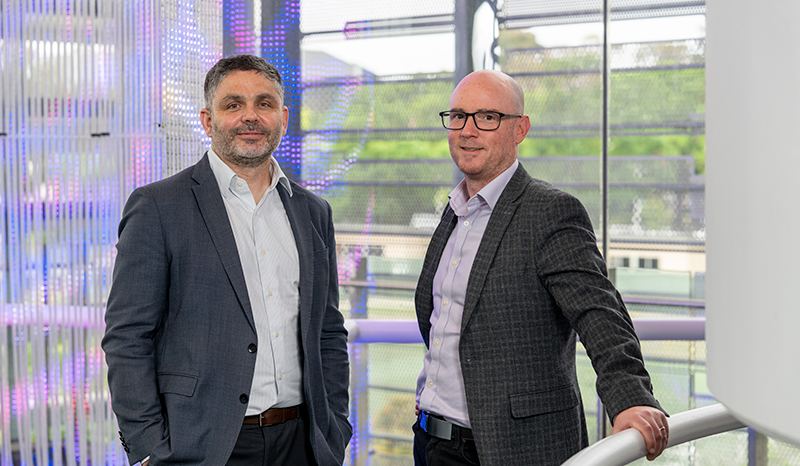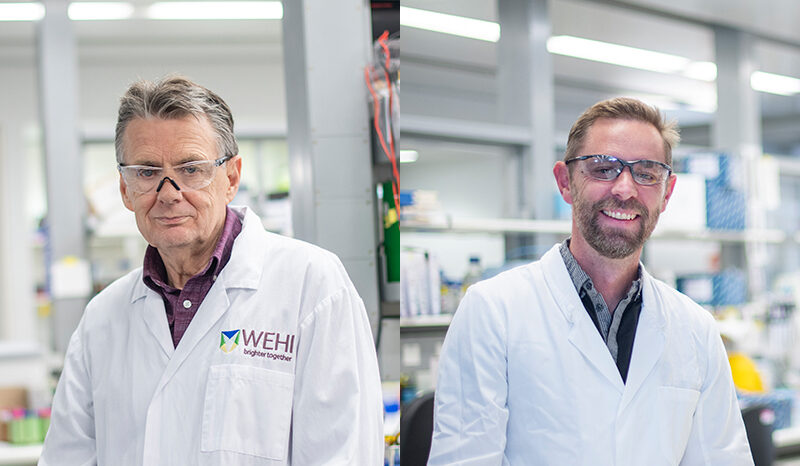Prostate cancer is the most common cancer in Australian men, with 1-in-5 males diagnosed with the disease.
While the reported incidence of prostate cancer among immigrant men is lower, this is believed to be due to lower screening rates, likely underpinned by language and cultural barriers.
To address this challenge, WEHI researchers launched PROCAP – a project aiming to better understand and address the barriers facing CALD men with prostate cancer.
Clinician researcher Associate Professor Ben Tran has personal insight into the issue, with his Vietnamese grandfather dying of metastatic prostate cancer in 2005.
Instead of being prescribed a standard hormone therapy that reduces testosterone levels, his grandfather was advised to have both testicles surgically removed, causing significant distress to him and his family.
Assoc Prof Tran says language barriers and subsequent difficulties navigating the Australian healthcare system are likely to have impacted the care that was provided. He believes stories like this are just the tip of the iceberg
“Australia is one of the most multicultural countries in the world, with culturally and linguistically diverse individuals representing a third of the population,” Assoc Prof Tran, also a co-lead on PROCAP, said.
“But they can often face greater challenges when accessing healthcare due to various language and cultural factors.
“Anecdotally, we also hear that patients who speak a language other than English report lower satisfaction ratings following healthcare experiences, have higher rates of adverse events from healthcare and increased rates of preventable hospitalisations. But there’s currently no data to support these anecdotal observations.
“We hope our study will generate the data needed to change this narrative and help efforts to advocate for minority groups that historically don’t have great advocacy in the healthcare system.”



